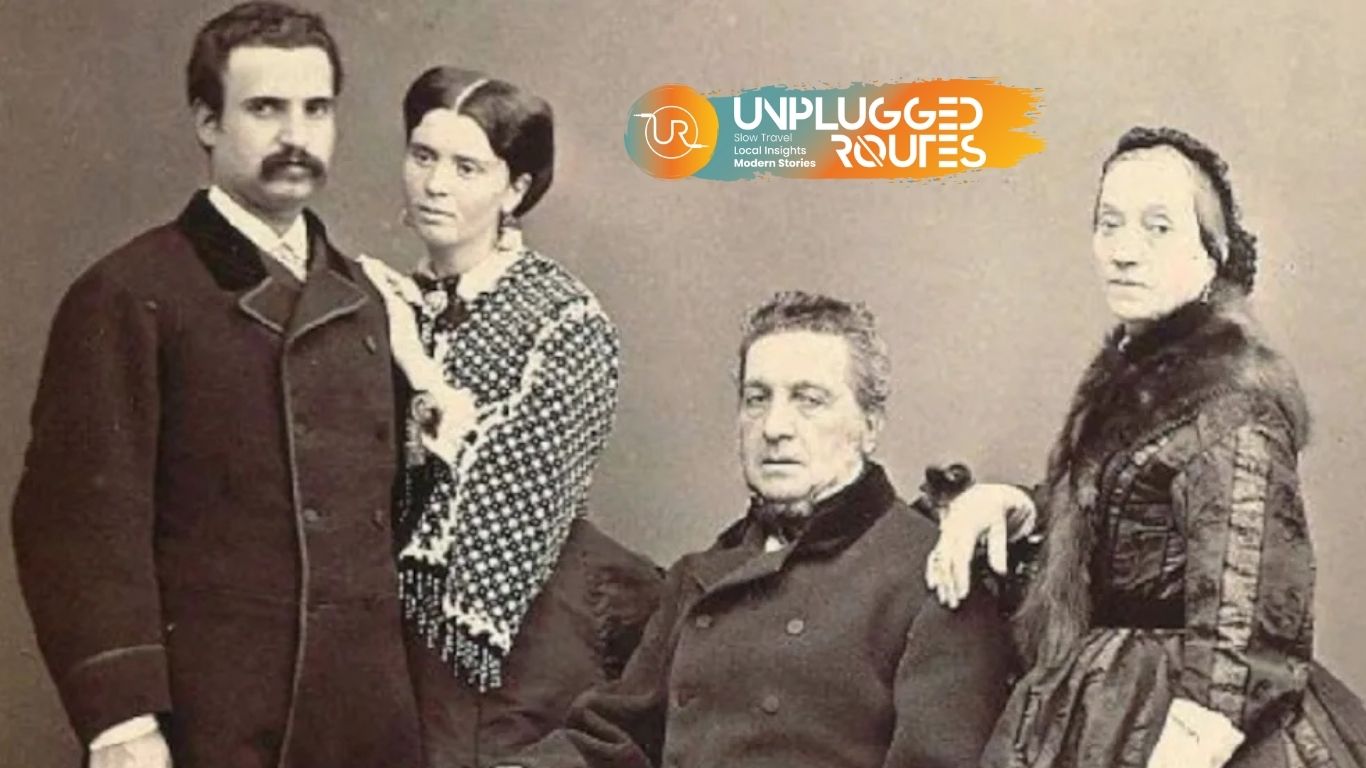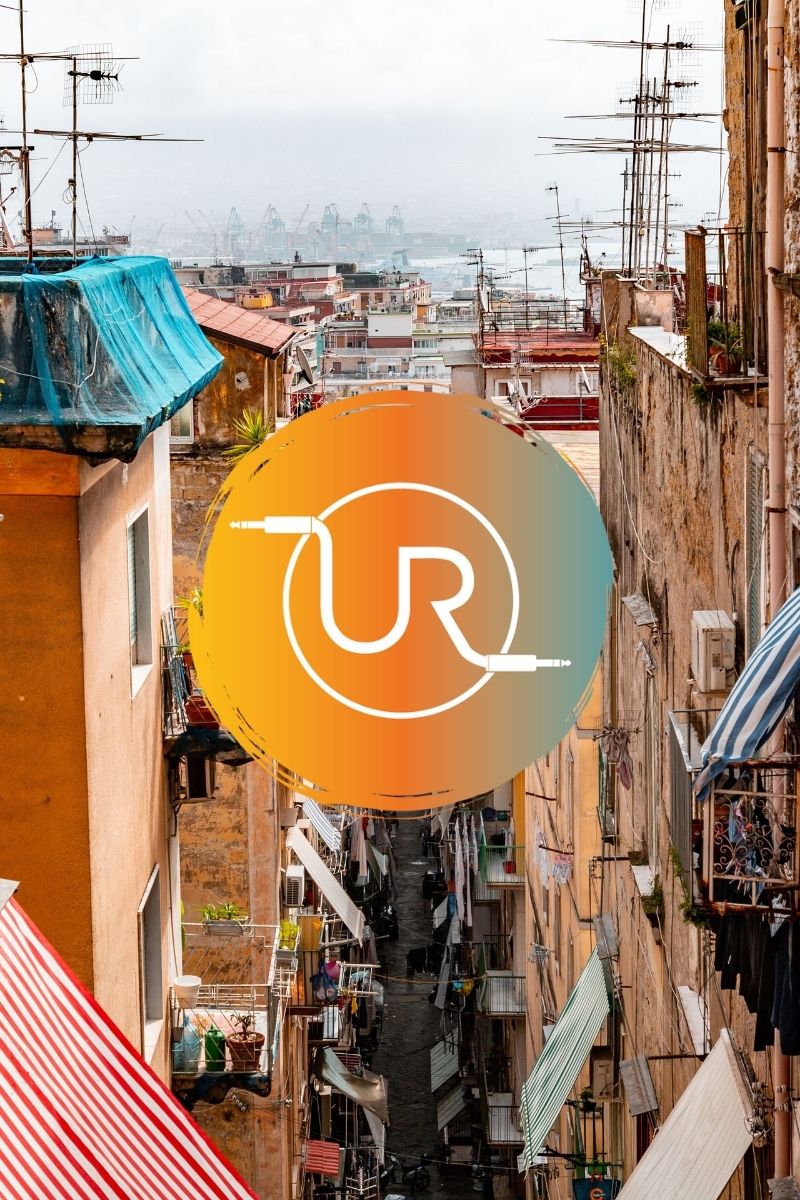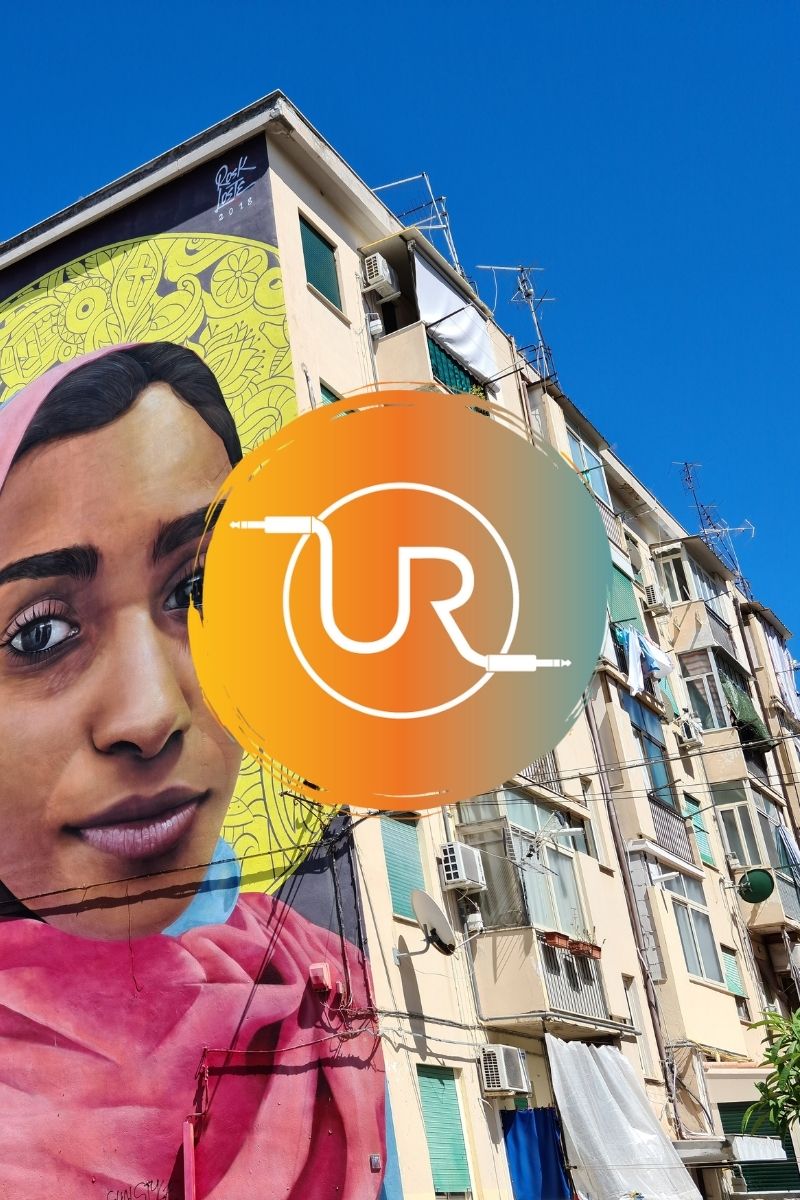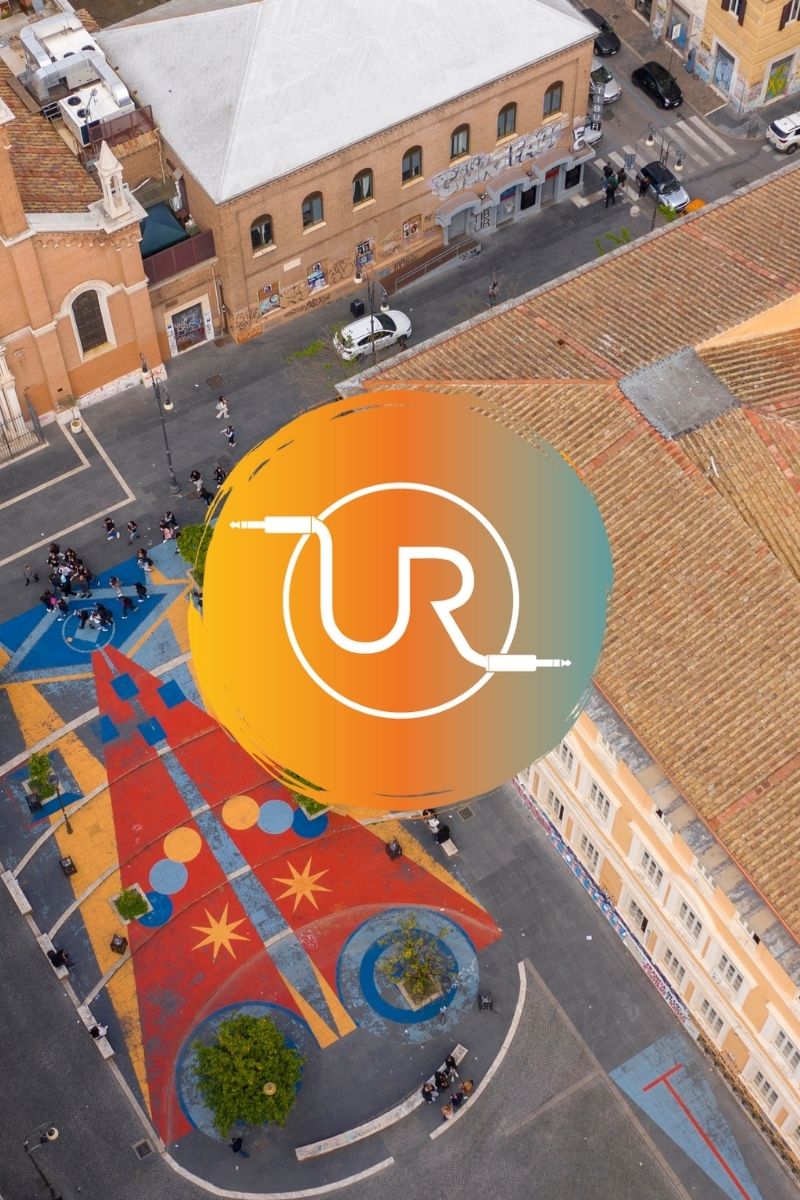
Sicily is a region where many cultures and civilizations have met throughout history and created a rich heritage. However, some families have left such a strong mark on the history of this region that their names are synonymous with it. The Florio family, one of the most famous and influential families of Palermo, left their mark on the economic and social structure of Sicily in the 19th century, creating such a powerful impact that they earned themselves the title of “The Lions of Sicily”. In this article, we will talk about the origins and rise of the Florio family; we will also discuss Stefania Auci’s book, translated into Turkish by Eren Cendey Sicilian Lions and we will share with you the important buildings belonging to the family that can be visited in and around Palermo today.
The Rise and Influence of the Florio Family
The Florio family was a merchant family with roots in Calabria. The brothers Paolo and Ignazio Florio moved the family to Palermo, where they built a glorious career as entrepreneurs. Paolo’s son Vincenzo Florio, along with his uncle, was the one who rapidly grew the family’s fortune. Vincenzo, who traded overseas, especially with England, took the lead in the international trade of Marsala wine, and the family amassed a huge fortune as a result.
The Florio family’s influence in Sicily was not limited to their economic success, but was also felt through the important role they played in social life. Family members were involved in social projects that contributed greatly to the development of Palermo. By supporting both cultural and artistic activities, they established a permanent place in the aristocracy and cultural life of the city.
Ignazio Florio Senior, one of the most important members of the family, took these achievements one step further. Ignazio is considered the man who made the Florio family name known throughout Italy. With his success in modern industry, trade and banking, he became an important figure not only in Sicily, but throughout the Mediterranean world. During his reign, the family expanded its influence by making significant investments in railroads, shipping and wine production. The family acquired the islands of Favignana and Formica, where they launched a succession of successful ventures, notably the fishing and processing of tuna fish.
Sicilian Lions: A Novel of the Florio Family
The story of the Florio family has also had a great impact on the literary world. Written by Stefania Auci Sicilian Lions (I Leoni di Sicilia) is an epic novel about the rise of the Florio family and its influence in Sicily. Beginning in the early 19th century, the novel explores the Florio family’s commercial successes, the personal struggles of family members and the historical turning points of Sicily. The novel, which has recently been adapted into a successful television series, has also attracted great interest from Italian readers and has remained on the bestseller list for a long time.
Auci, Sicilian Lions The book uses historical events as a backdrop, focusing on the family’s origins and individual characters. The book skillfully depicts not only the Florio family’s successes in business, but also their relationships with Sicilian society, their love life, ambitions and tragedies. The Florio family is portrayed in this book as true “Sicilian Lions”. The family left an indelible mark on Sicily’s economic and social history, growing up in difficult circumstances and building an empire. This book is an excellent resource for those interested in Sicilian history and the Florio family, as well as a treasure trove for understanding the family’s impact on Sicily at the time.
Things to See in Palermo and Surrounding Areas Belonging to the Florio Family
Today it is still possible to trace the Florio family in Palermo and its surroundings. Here are a few important places to visit if you want to gain a deeper understanding of the family’s fortune and its role in Sicily’s development:
- Villa Igiea
One of Palermo’s most iconic buildings, Villa Igiea reflects the elegance of the Belle Époque. Built in the early 20th century by Ignazio Florio, the villa was designed by Ernesto Basile, a famous architect of the period. Used by the Florio family as a meeting point for the European aristocracy and the elite members of Italian society, the invitations held in the villa were at the center of the social life of the period. Today, Villa Igiea continues to serve as a luxury hotel, reflecting the glorious past of the Florio family.
- Tonnara Florio
The Tonnara Florio, symbolizing the Florio family’s pioneering period in the production of canned tuna, is located in the historic port area of Palermo. This building is one of the main reference points of the maritime trade and the tuna canning industry, which brought the family great wealth. Tonnara Florio was one of the most important industrial centers of the region at the time and stands out as a dazzling symbol of the Florio family’s commercial success.
- Villino Florio all’Olivuzza
One of the most beautiful buildings in Palermo, Villino Florio all’Olivuzza reflects the Florio family’s fondness for art and culture. The family organized many cultural events in this villa and cultivated relationships with famous personalities of the time. Today, the villa is an important place to visit to understand the Florio family’s lifestyle and their place in the Sicilian aristocracy.
- Cantine Florio, Marsala
Cantine Florio is a historic winery founded in 1833 by the Florio family to produce Marsala wines. Located in the west of Sicily, this winery played an important role in making Marsala wine famous around the world. Growing out of the visionary entrepreneurship of the Florio family, Cantine Florio has over the years become a symbol of Sicilian winemaking. Still active today, Cantine Florio also functions as a tourist attraction that can be visited by wine enthusiasts, organizing wine tastings and tours.
- Teatro Massimo and Teatro Politeama
The Florio family played a major role in the cultural life of Palermo and made significant contributions to the artistic life of the city. The family is especially known for its support for opera and theater. Opened in 1874, Teatro Politeama and Teatro Massimo, the largest opera house in Italy and the third largest in Europe, opened in 1897, are important symbols of the Florio family’s interest in the arts and their contribution to Sicilian culture.
What’s Left of the Florio Family Fortune
With the economic difficulties that followed the First World War, the Florio family experienced a major decline. Increased competition, changing world conditions after the war, and problems within the family led to a rapid depletion of the Florio family fortune. During this period, many family properties and businesses changed hands and the Florio family’s influence in Italy declined rapidly. What remained of the huge economic empire they had ruled for so many years was very limited and in many cases forgotten.
The Florio family left a deep mark on Sicily’s 19th and 20th century history and played an important role in Palermo’s identity today. By visiting the buildings belonging to this family in and around Palermo, you can take a journey into the depths of history and trace the footsteps of this legendary family of Sicily. During our Palermo routes, we will frequently mention Sicilian Lions you will have the opportunity to hear the true story of this magnificent family and explore the city with their guidance.







Leave a comment: